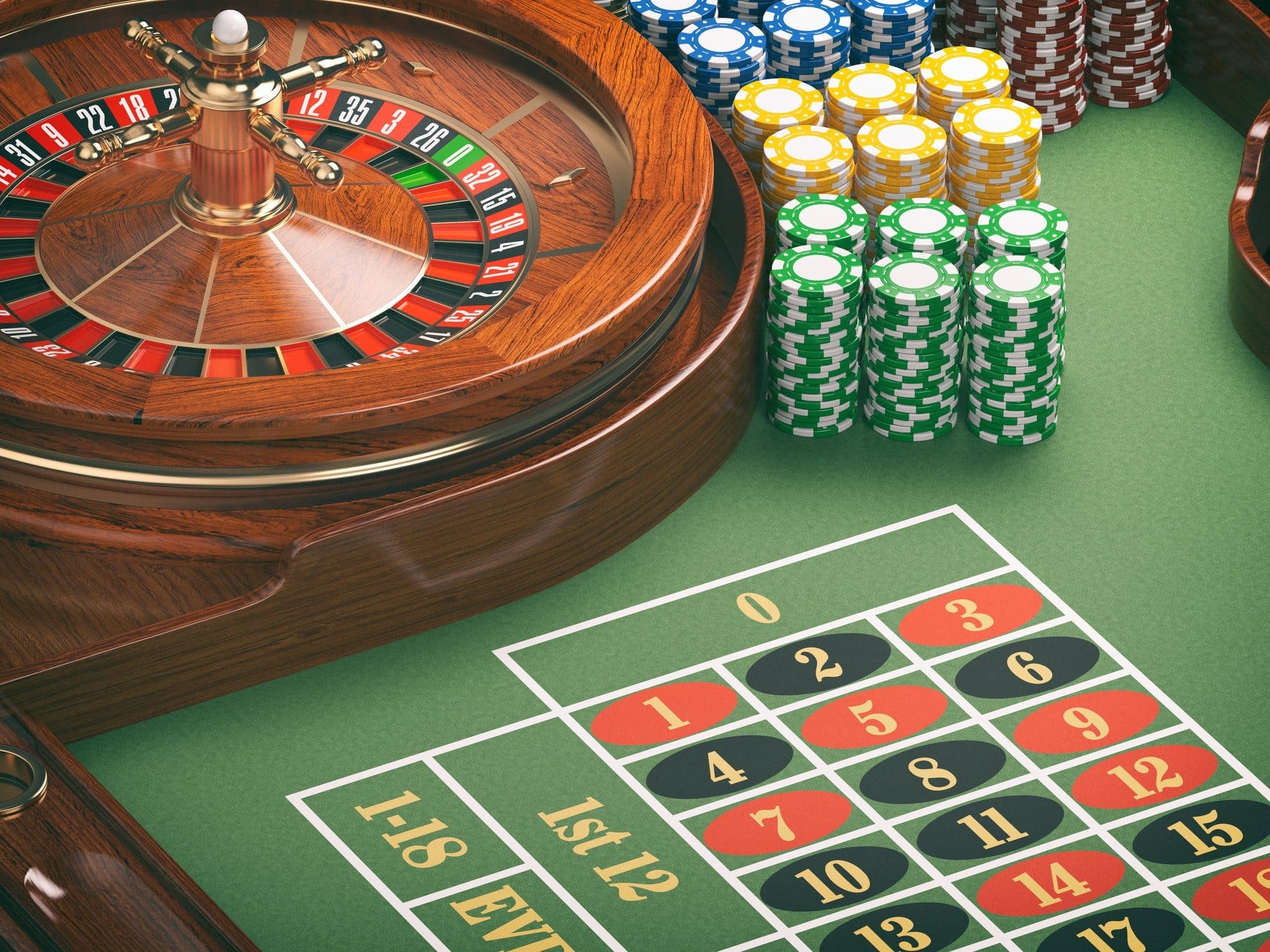
Casino experiences have fascinated players for centuries, evolving from basic recreational activities to intricate adventures that combine luck, strategy, and amusement. From the ancient roots of gambling in societies including ancient Mesopotamia and Rome to the extravagant corridors of modern casinos, the history of these games reveals much about our nature and our interaction with luck. As societies have intertwined and technological advancements have occurred, casino games have transformed, mirroring the changes in society and innovations in gameplay.
The earliest forms of gambling likely included elementary games involving dice and wagering on the results of sporting events. Over time, these early games grew into more structured games like table games, roulette, and the myriad slot machines that populate the floors of casinos today. trực tiếp bóng đá hôm nay Each era brought its distinct regulations, design elements, and social relevance. Today, casino games persist in evolving with the rise of online platforms, enabling players from all corners of the globe to participate in a collective experience, further fusing the traditional with the age of technology.
Initial Beginnings of Casino Activities
Gaming activities have foundations that stretch back to historical societies, where betting was profoundly embedded in social traditions and cultural rituals. The earliest known instances of betting appeared in Mesopotamia around 3000 BC, featuring basic die activities made from bone bones. These early games laid the basis for more complex gambling activities, demonstrating humans’ natural urge to seek wealth and entertainment through chance.
As societies developed, so did their betting interests. In ancient Chinese culture, around 2300 BC, objects were found that were similar to early rudimentary forms of a lottery activity. More structured forms of gambling developed in the ancient Roman civilization, where activities of chance were a frequent pastime, often occurring in social events. The ancient Romans developed different wagering games, which composed die and table activities, showing the pervasive nature of gambling across various economic classes.
With the flow of years, these primitive games influenced the evolution of contemporary gambling games. In the medieval period, playing card games became prevalent in Europe, paving the way for the organized gaming establishments we know today. The change from informal betting to organized gaming in taverns and private houses marked a major transformation in how people interacted with activities of chance, leading to the eventual creation of gaming houses as dedicated venues for gambling.
The Rise of Current Gambling Industry
The late 20th century marked a significant change in the world of gambling games, driven by tech innovations and changes in societal views towards wagering. The emergence of personal computers and the internet transformed the way players engaged with their favorite games. Online casinos emerged, allowing gamers to enjoy traditional casino classics like Texas Hold’em and 21 from the convenience of their homes. This new online environment not only expanded access to gambling options but also drew in a fresh demographic who found the comfort and diversity tempting.
As digital gaming gained popularity, so did advancements in casino tech. The advancement of advanced software and visual elements changed traditional casino games into captivating experiences. Players could now connect with realistic live dealers through live streaming, importing the atmosphere of brick-and-mortar casinos directly into their living rooms. This fusion of in-person play with digital interfaces created a new hybrid model that elevated the community element of gambling, making it possible for people to engage and compete with fellow gamers around the world.
Furthermore, the growth of gaming on mobile devices substantially changed the casino landscape. With the ubiquitous use of mobile phones and tablets, players can access their favorite gaming options everywhere, at any time. xoilac Mobile apps offer a wide selection of options tailored for touchscreens, serving the busy lifestyle of modern users. This availability has led to growing engagement in casino games, fostering the rapid expansion of the gaming industry. As a result, the prospects of gambling continues to progress, responding to new technologies and shifting consumer preferences.
How Technology Influences Casino Games
Technology’s advancement has significantly transformed casino games, enhancing the overall gaming experience for gamblers globally. As the internet emerged, online casinos were created, allowing players to enjoy their favorite games from the comfort of their homes. This shift not only made casino games more available but also increased the variety of games available, as online platforms could host numerous variations of traditional games without the limitations of brick-and-mortar establishments.
The rise of mobile technology further transformed the casino gaming landscape. As smartphones and tablets became widespread, players can to engage in casino games whenever and wherever they want. This flexibility has resulted in the creation of dedicated mobile applications and optimized websites that provide seamless gaming experiences. Additionally, advancements such as live dealer games have delivered the authentic atmosphere of a casino into players’ homes, bridging the gap between physical and online gaming.
Furthermore, advancements in AI and virtual reality are leading to the next generation of casino games. AI improves game design and player interaction, creating tailored experiences based on user behavior and preferences. Meanwhile, virtual reality offers immersive environments where players can engage in a virtual casino environment, making the gaming experience more engaging and lifelike. As technology continues to evolve, the future of casino games seems bright, filled with limitless opportunities for advancements and entertainment.